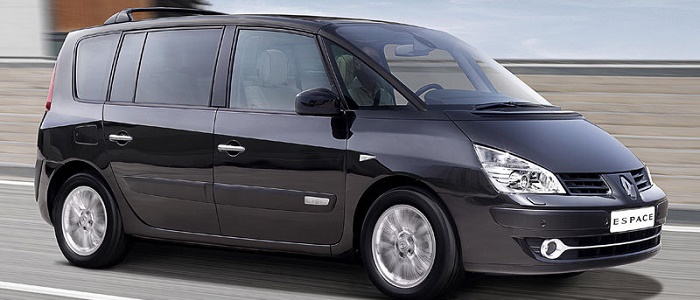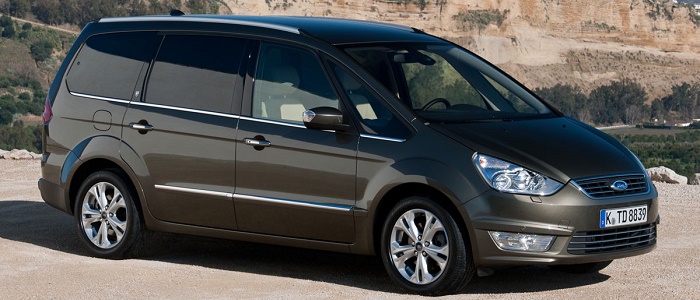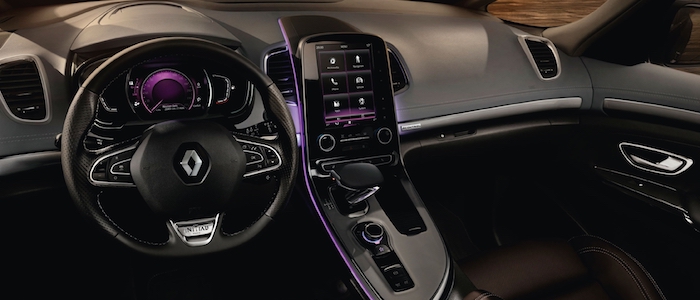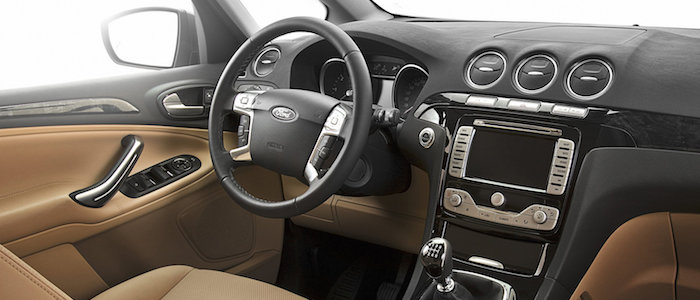Compare two cars
Compare any two cars and get our Virtual Adviser™ opinion
Dimensons & Outlines
Engine
2.0 dCi M9R 150
2.0 DW10 BTED4 / RHR
Performance (manual gearbox)
Performance (automatic gearbox)
Expenses
Virtual Adviser's™ opinion
Well, these are two pretty similar cars we have here! It's only details that could potentially make the difference. Considering they both belong to the mpv segment and utilize the same 5-door MPV body style and the front wheel drive system, it all comes up to the specific diesel engine choice they offer. The first one has a Renault-engineered powertrain under the hood, a 4-cylinder, 16-valves 150hp unit, while the other one gets its power and torque from a 4-cylinder, 16-valves 140hp engine designed by Peugeot.
SafetyA starting point here would be to take a look at the results from European New Car Assessment Programme (Euro NCAP) tests which were performed on both of the cars, with the same number of safety stars gained in the process. Still, apart from the official crash test results there are other things we need to be aware of. Both vehicles belong to the mpv segment, which is generally a good thing safety-wise, but that fact doesn't break the tie between the two cars. Furthermore, when it comes to weight, a factor that most people underestimate, the French car offers a marginal difference of 7% more metal.
ReliabilityManufacturers have been building their reliability reputation for decades now and, generally speaking, it appears that both brands display similar results in faults and breakdowns, when all the models are taken into account. That's the official data, while our visitors describe reliability of Renault with an average rating of 4.2, and models under the Ford badge with 4.4 out of 5. Unfortunatelly, I don't have enough insight that would allow me to comment in more details on the specific models level. That apart, owners of different cars powered by the same engine as the French car rank it on average as 4.6, while the one under the competitor's bonnet gets 4.8 out of 5.
Performance & Fuel economyBoth of the cars accelerate exactly the same, so we couldn't put one above the other. Car No. 1 reaches top speed of 193 kilometers per hour, 1km/h more than the other car. When it comes to fuel economy the winner has to be the American car, averaging around 5.7 liters of fuel per 100 kilometers (50 mpg), in combined cycle. We can't ignore that 14% difference compared to the French car.
Verdict
Ford appears just a bit more reliable, although the difference is truly marginal. The most important thing when deciding between any two vehicles should always be safety, both passive and active. In my opinion, everything taken into account, the French car offers slightly better overall protection and takes the lead. It all continues in the same direction, with Renault offering somewhat better performance, just enough to call it quicker. It does come at a cost though, and that's the fuel consumption... I believe that, when we take all into account, we have only one winner here - the Ford. Anyway, that's the most objective conclusion I could've came up with and it's based solely on the information found on this website. Aspects such as design, practicality, brand value and driving experience are there for you to measure them out. Also, you could use the oportunity to find out which car, everything taken into account, would be the perfect choice for you in the eyes of the virtual adviser™, out of 12.000+ vehicles we currently have in our database.


































